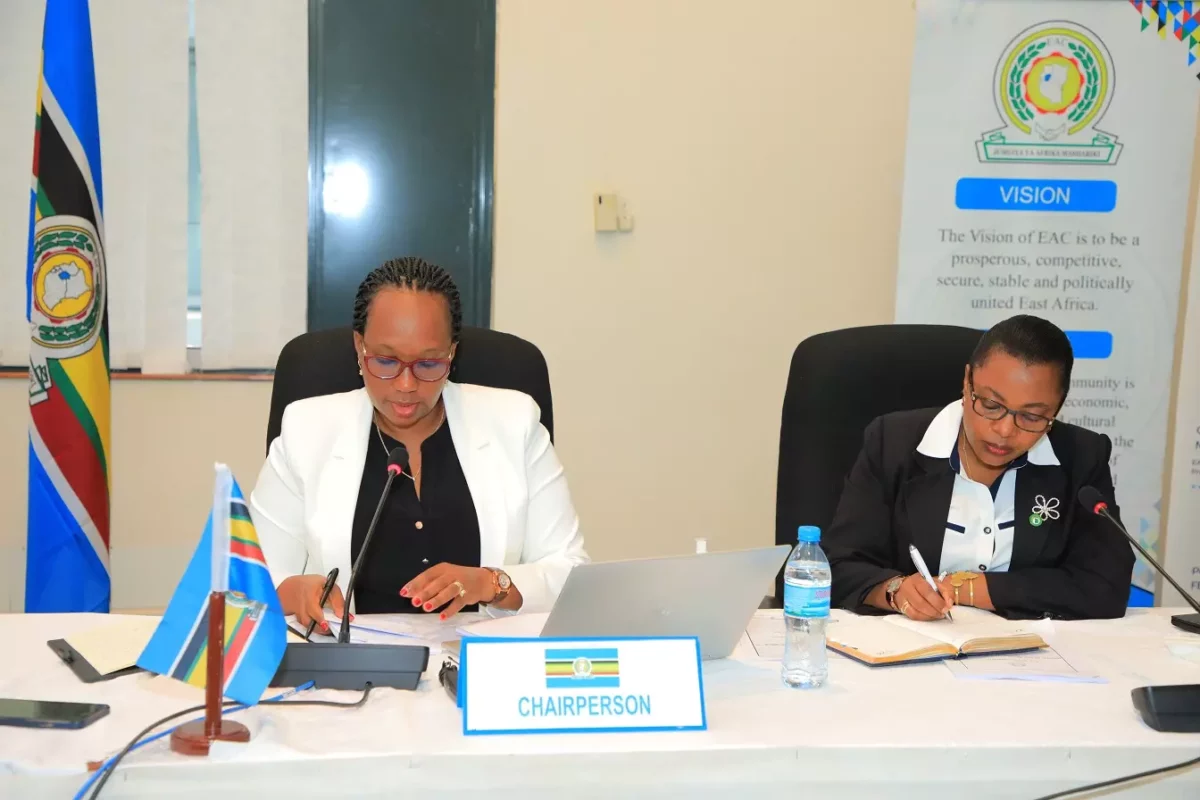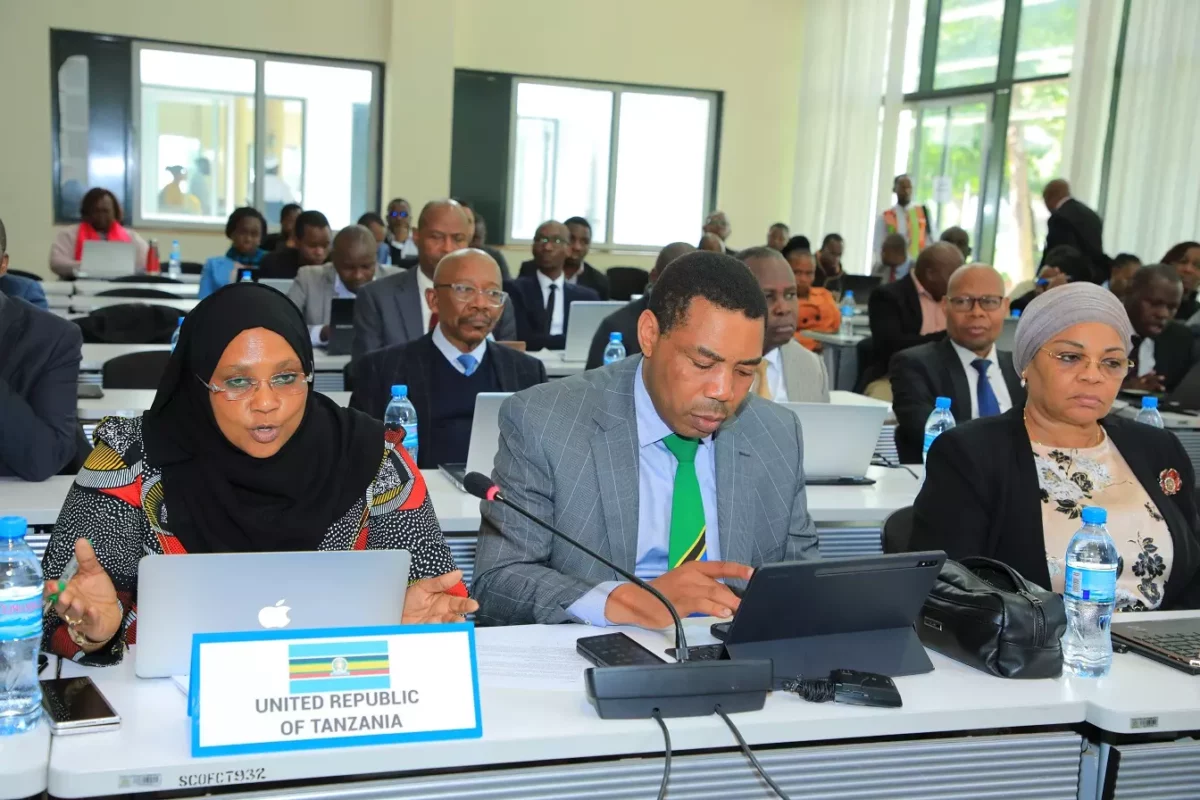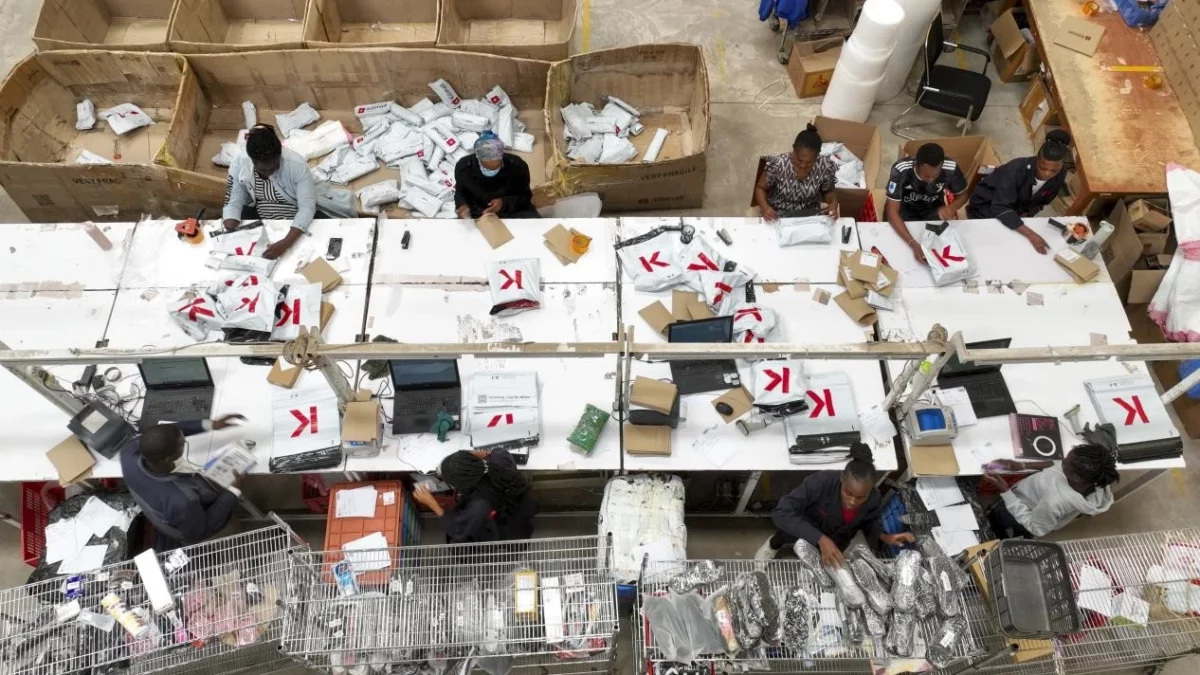The East Africa Community (EAC) partner states that impose visa requirements on residents of the area have until November to do so.
South Sudan continues to charge EAC nationals a visa fee, particularly those from Rwanda and Burundi. EAC nationals who have visited the country have complained about visa fees at Juba International Airport.

South Sudan stated that South Sudanese are still subject to visa fees in several EAC Partner States during the 42nd Meeting of the Sectoral Council of Ministers on Trade, Industry, Finance and Investment (SCTIFI).
The Ministers expressed concern that Partner States continue to compel EAC citizens to get visas and highlighted the need to swiftly eliminate the requirements, noting that doing so may also make it more difficult for citizens of such countries to access the African Continental Free Trade Area (AfCFTA).
Read Also: East African Community Raises 2023/24 Financial Budget
The group concluded that it was past time for the Community to think about creating a borderless bloc to help with the free flow of capital commodities and services.
Eight Non-Tariff Barriers (NTBs) were still open and at various stages of resolution at the 42nd Meeting of the Sectoral Council of Ministers on Trade, Industry, Finance and Investment (SCTIFI), which was held at the EAC Headquarters in Arusha, Tanzania.10 NTBs however, have been overcome by Partner States.
As a result, Partner States were instructed to resolve any outstanding NTBs by the Ministerial Session of the 42nd SCTIFI, which was presided over by Hon. Marie Chantal Nijimbere, Minister of Trade, Transport, Industry, and Tourism of Burundi.
EAC Secretary General Peter Mathuki, Director of Social Sectors at the EAC Secretariat, praised the SCTIFI as a mechanism that provides policy direction, reviews, and approves policy measures and activities that EAC has been implementing or plans to implement with regard to trade, industry, finance, and investment matters.
“It is in this respect that we underscore the importance of SCTIFI since it is an engine for the socio-economic transformation of the region,” said Mathuki, even as he urged Partner States to eliminate NTBs to boost infra-regional trade.
Subscribe to our Youtube channel at Switch tv.
According to Mathuki, the SCTIFI has the responsibility to effectively resolve the obstacles and problems that impair the Community’s attempts to raise citizen quality of life and meet sustainable development goals through the application of the Common Market Protocol.



























